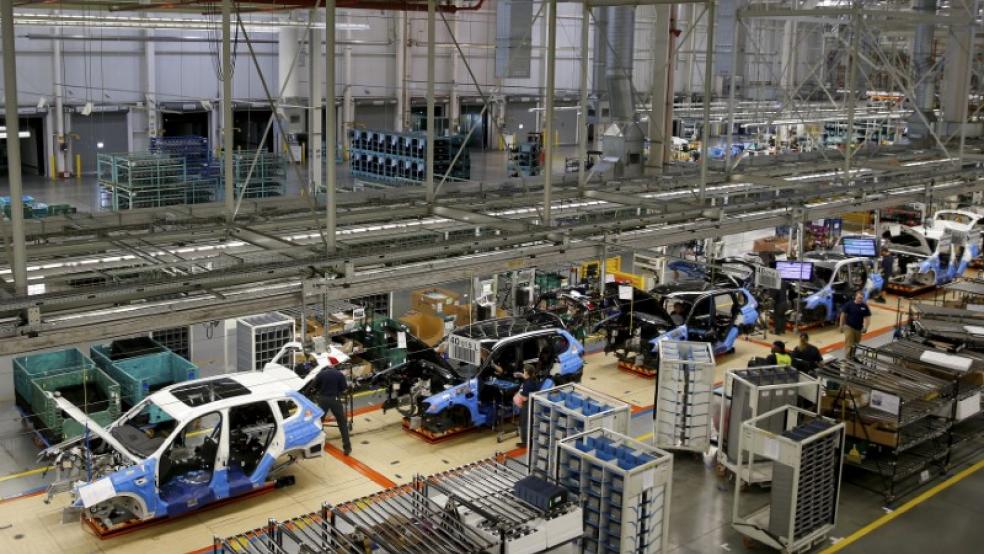As wages stagnate and the cost of living continues to rise, paying for a new car is a challenge for consumers, according to a new study.
The report by Bankrate.com shows that in all but one of the 25 largest U.S. metro areas, households with median incomes cannot afford the average price of a new car. In six of the surveyed areas, they can afford less than half the amount.
Related: Renting a Car? 3 Things Your Credit Card Doesn’t Cover
"The [average] household can't comfortably afford to buy a new vehicle," said Claes Bell, a Bankrate.com analyst. "That means a lot of households are overextending themselves on car costs, and that can potentially crowd out other priorities such as saving for retirement."
As a way to measure affordability, the study applied the so-called 20/4/10 rule: a 20 percent down payment, a four-year loan, and payments and insurance comprising 10 percent of a household's gross (pre-tax) income.
With the average new-car price at more than $33,000 in May, according to the latest data from Kelley Blue Book, only the Washington, D.C., metro area's nearly $100,000 median income could qualify.
In the worst market for affordability — Miami/Fort Lauderdale/West Palm Beach — a median-income household (around $51,000) could afford a $13,577 car, while the average new car there would cost more than double that ($35,368 including local sales tax), according to Bankrate data.
Related: Why ‘Deep Subprime’ Auto Loans Are Beginning to Worry Wall Street
"This issue of affordability isn't just about the price of cars. It's about the stagnation of wages," Bell said. "Car costs are not rising all that quickly over time, but things like health care and college costs are going up and wages aren't [keeping up]. Budgets are being stretched."
Auto loan delinquencies — when payments are 30 or more days overdue — rose more than other types of household debt in last year's fourth quarter, according to the American Bankers Association. Separately, data from the Federal Reserve Bank of New York shows that 90-day delinquencies stood at 3.8 percent of all loans as of March 31.
"People fall in love with cars they can't afford, and that's how they get in trouble," said John Gajkowski, a certified financial planner and co-founder of Money Managers Financial Group.
Lured by low interest rates and dealer incentives, consumers now carry close to $1.2 trillion in auto debt including both loans and leases. While high, it's only about 10 percent of the $12.73 trillion that households carry in total debt, according to the Federal Reserve.
Part of what causes people to overextend themselves when it comes to car buying, Bell said, is lack of planning.
"People should prepare for a car purchase by saving for a down payment," Bell said. "Sometimes people impulsively go to a car lot and get sold on buying a new car. But if they don't have a sufficient down payment saved, it will be hard to fit the payment into their budget."
This article originally appeared on CNBC. Read more from CNBC:
Rough series of polls show Americans broadly disapprove of GOP health-care plan
Trump wants America to be 'energy dominant.' Here's what that means
New York family will pay you $90,000 a year or more to be their Mary Poppins




